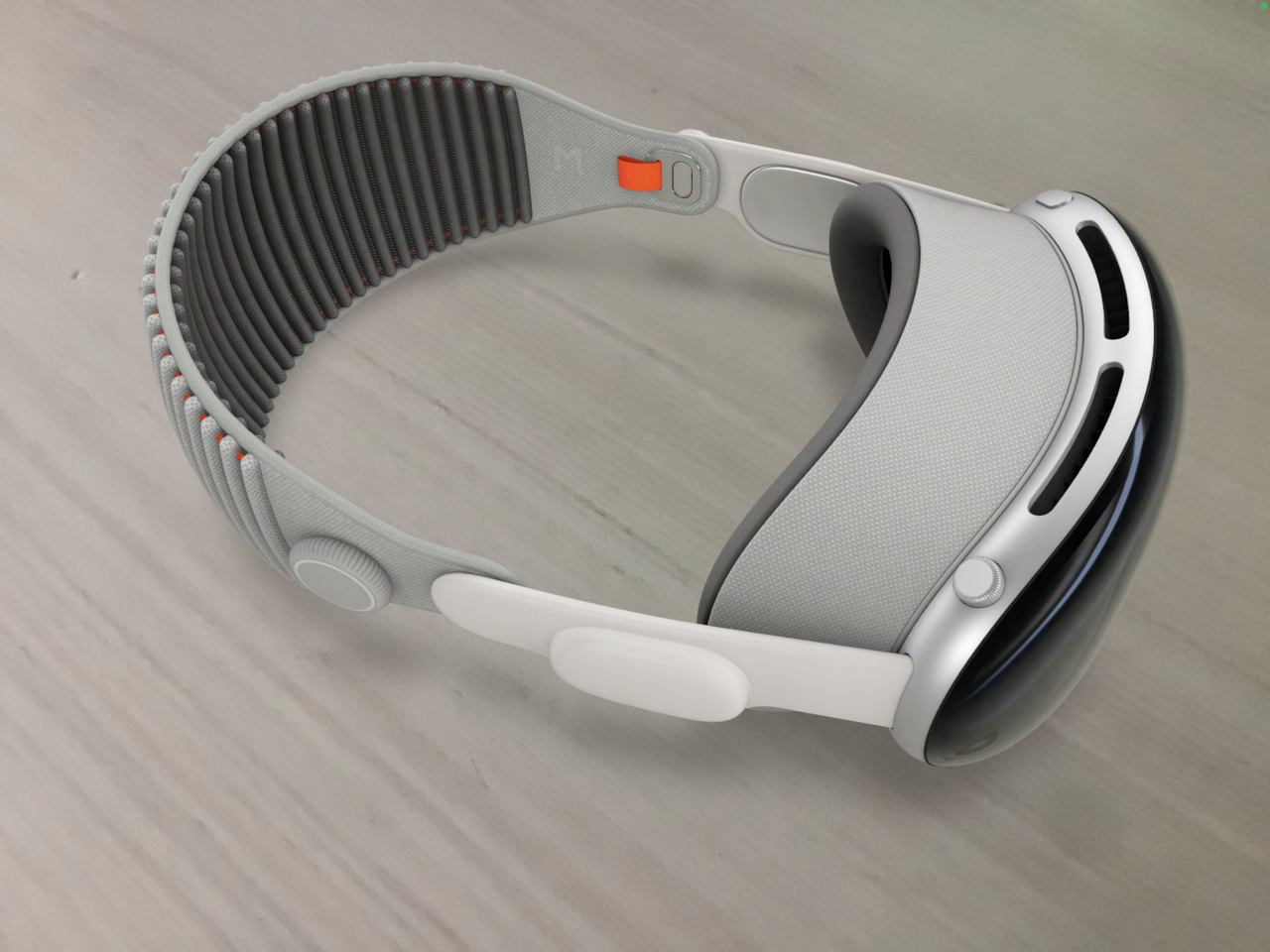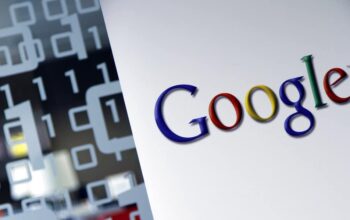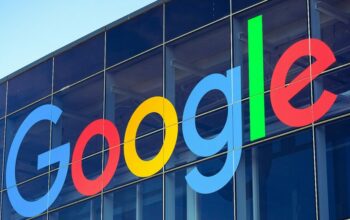Apple is set to revolutionize wearable technology with the launch of its new Vision Pro headset, priced at $3,499. This sophisticated device, equipped with an array of sensors and cameras, is designed to overlay computer-generated imagery onto the real world. It marks what Apple claims to be the next significant leap after the smartphone era.
The Vision Pro, which becomes available this Friday, is more than just a gadget—it is a powerful data-collecting tool. With two depth sensors, six microphones, and a remarkable twelve cameras, it heralds a new age in personal devices that can track three-dimensional environments including exact hand motions, eye movements, and the minutiae of one’s surroundings.
Apple has taken proactive measures to limit the types of data the Vision Pro collects at launch, particularly where it pertains to eye tracking. Nevertheless, privacy experts have raised pressing concerns about who may have access to the detailed maps of our homes and the data about our bodily movements that the device can gather. The potential for this technology to reveal sensitive information inadvertently is a growing concern.
Flashbacks to the societal debate stirred by Google Glass in 2013 are inevitable. Google Glass faced backlash for its recording capabilities, and many questioned the implications of widespread use. With Vision Pro, we might soon encounter ‘Vision Bros,’ echoing the ‘Glassholes’ of the past.
While the concerns surrounding Apple’s latest creation are currently speculative, they ignite a broader discourse on the impact of emerging technologies such as virtual reality and augmented reality on privacy. Without robust privacy laws, the fear is that advancements could amplify current issues related to location tracking, erosion of anonymity, and the collection of intimate personal data by brokers.
Cooper Quintin from the Electronic Frontier Foundation reflects on the urgency for privacy before diving headlong into a new technological era: “Before we fully embrace virtual reality and augmented reality, we must consider if we have sufficiently strong privacy protections in place.”
Despite its public commitment to user privacy, Apple has yet to respond to questions regarding how the Vision Pro will handle these privacy challenges and has not permitted independent testing of the device by media outlets, including The Washington Post.

















